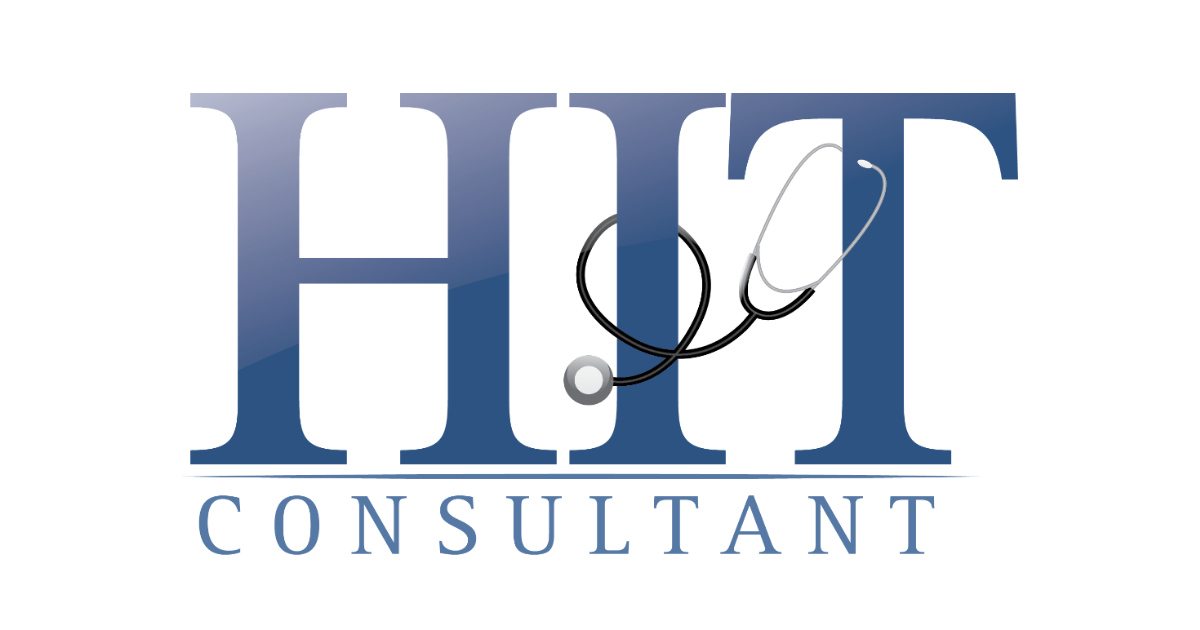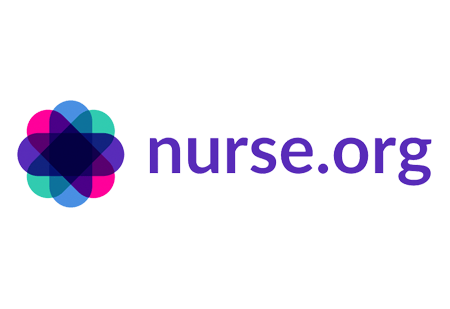
Stress and burnout are more than workforce concerns; they are patient safety issues. Research shows a clear correlation between healthcare provider stress and medical errors. For instance, Zabin et al, a 2023 systematic review, confirmed that job stress negatively influences patient safety culture. Garcia & Abreu et al, a separate…

Editor's Note Allowing older surgical patients to keep dentures, glasses, and hearing aids until anesthesia and restoring them immediately afterward significantly lowered postoperative delirium (POD) rates, according to a study published in BMC Geriatrics on August 30. The prospective before-and-after trial followed patients aged 70 and older undergoing hip fracture…

Editor's Note A recent article from HIT Consultant highlights findings from Incredible Health’s 2025 State of US Nursing & Technicians Report, revealing mounting strain across the nursing and healthcare technician workforce. Reportedly based on insights from more than 1 million professionals, findings include: 71% of nurses report that staffing shortages…

Editor's Note A July 16 study published in BMC Research Notes found that mental fatigue among perioperative nurses is significantly associated with increased rates of missed perioperative nursing care. This cross-sectional study surveyed 385 operating room nurses working in university-affiliated hospitals in East Azerbaijan, Iran. Participants met inclusion criteria related…

Editor's Note Women healthcare professionals who practiced transcendental meditation (TM) for three months showed greater improvements in burnout, emotional exhaustion, anxiety, and insomnia than those who received usual treatment, according to a July 9 Healio article. The report focuses on data presented at the American Thoracic Society International Conference—namely, a…

Editor's Note Financial strain, stress, and uncertainty are not enough to deter many US nurses from saying their education and careers have been worthwhile. That is one reading of the results of Nurse.org’s 2025 Nurse Survey, which collected responses from more than 6,000 US nurses between January and April. Overall,…

Editor's Note Blocking stress-induced prolactin may significantly reduce postoperative pain in women and curb the need for opioids, according to a study led by University of Arizona Health Sciences. News-Medical.Net summarized the findings May 20. Published in Proceedings of the National Academy of Sciences, the research suggests a path toward…

Editor's Note Only 39% of nurses expect to remain in their current jobs a year from now, citing burnout, compassion fatigue, and inflexible schedules as top reasons for leaving, according to AMN Healthcare’s 2025 Survey of Registered Nurses. Healthcare IT News reported on the findings May 14. As detailed in…

Editor's Note Nurses continue to face high stress, burnout, and understaffing, according to the State of Nursing in 2025 report by Cross Country Healthcare and FAU’s Christine E. Lynn College of Nursing. As detailed in an April 29 summary from Florida Atlantic University, the report is based on responses from…

Editor's Note Healthcare’s workforce crisis stems from systemic trauma—not individual burnout. That’s the central argument of a commentary published April 30 in MedPage Today, in which Taylor Nichols, MD, a board-certified physician in emergency medicine and addiction medicine, calls for a sweeping shift in how healthcare-associated stress is understood and…